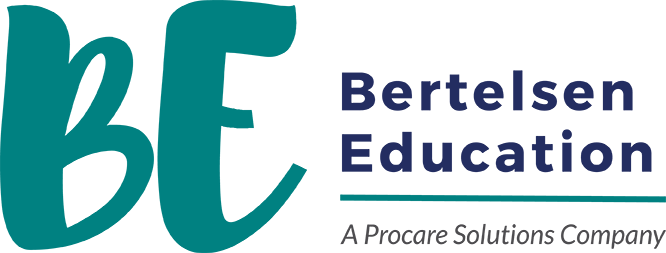When you are working on professional development training in the ECE field, it can be hard to understand what kind of certification you might need to meet your training requirements. There are a lot of different options out there, and understanding what some of the different types of certificates are can help you make sure you are choosing the right training—one that will count towards your annual licensing requirements!
Your state licensing office or a state registry decides what kind of training and certification is required to meet licensing requirements in your state. Some states only let you take courses that are listed on a registry system while others let you take training that offers certain types of certification that you can report to the registry after you complete the training.
The two types of certification generally required are: - Clock-hour certificate (also known as a participation certificate, certificate of attendance, or just certificate)
- CEUs
Because licensing manages what type of certificate and training you can take, it is important to stay up to date on your state's professional development training requirements.
Understanding the difference between clock-hour certificates and CEUs can give you a leg up when you are trying to choose a training.
Clock hour certificate:
This is a certificate that shows specifically how many hours you attended a training. A clock-hours certificate typically lists the training, the name of the trainer, the number of hours of the training, the name of the trainee, the date of the training, and any other state specific information. This type of certificate is usually not associated with an accrediting body, but is issued by the trainer or organization directly. This type of certificate works perfectly in states where a participation or clock-hour certificate is required.
CEUs:
CEUs stands for Continuing Education Units and is a measurement used in multiple industries for keeping track of professional development training. For each hour of training completed, a person can earn 0.1 CEUs, meaning that ten hours would be 1 CEU. Organizations that offer CEUs are backed by an accrediting body, like IACET, who ensure that the quality of the training offered is of the highest level. This means that these trainings undergo thorough vetting and verification to make sure that the content is relevant and that the course structure is effective.
While both clock-hour certificates and CEUs indicate that you attended a training, organizations that offer CEUs have their quality verified by a third party. If your state or another organization has not approved the training you are taking through a registry directly, looking for CEUs could be a great way to ensure that you receive a quality training and a certificate that will be more widely accepted.
While many states will accept any CEUs or clock hour certificates toward ECE professional development licensing hours, some states do not. It is always best to check with your state licensing or registry organizations before purchasing a training or attending a training conference!
Understanding what kind of certificate you will need to prove that you attended a training will help you make the right decision as you choose a professional development training.

